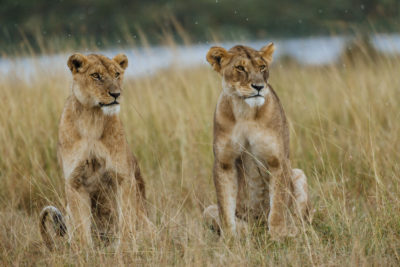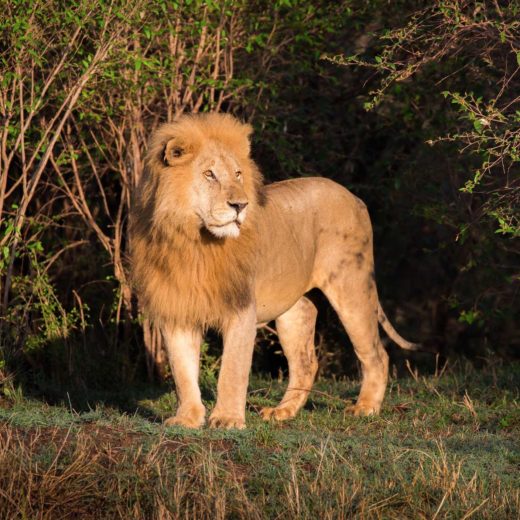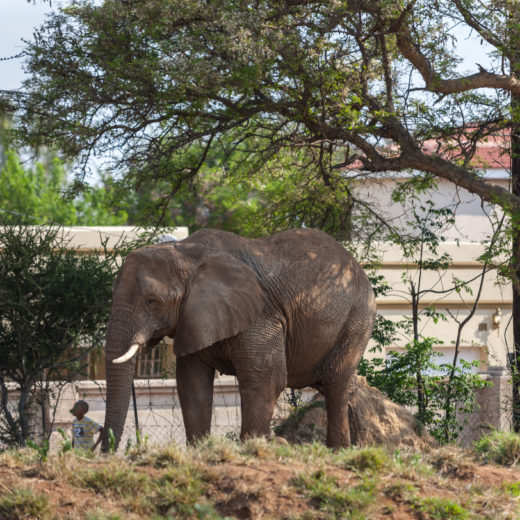
Originally published by Julie McCarthy on NPR on Mar 20, 2021.
Conservationists and wildlife enthusiasts are mourning the case of six lions that have been found dead and dismembered in what is a suspected to be a poisoning in one of Uganda’s most renowned national parks.
Dead vultures provided a clue.
In a statement, the Uganda Wildlife Authority (UWA) said the big cats were found Friday evening with “most of their bodies parts missing” in Queen Elizabeth National Park, their carcasses surrounded by the lifeless scavengers, “which points to possible poisoning of the lions.”
UWA said it was “saddened” by the grisly case, and it “cannot rule out illegal wildlife trafficking.”
The discovery is a devastating blow that officials say can negatively impact the country’s tourism sector, which is a top foreign exchange earner for Uganda. Nature tourism pours $1.6 billion into the economy each year.
It’s not the first time lions have been set upon in the country’s most popular national park. In 2018, a pride of 11 lions, including eight cubs, were discovered dead, believed to have been poisoned. Suspicion then fell on farmers who denied any involvement, but who also expressed frustration at wildlife that kills their cattle and damages their crops.
To incentivize farmers living near preserves and parks to protect increasingly vulnerable wildlife, Ugandan authorities give farmers 20% of the gate fees taken at national parks. The UWA says the revenue-sharing scheme enhances the livelihood of the local community and helps sustain protected areas.
A vulnerable species
According to wildlife conservation groups, the illegal wildlife trade, poachers, and trophy hunters are all contributing to the disappearance of lions on the African continent. The loss of habitat, poor regulation of legal trade, and climate change are also drivers in their declining numbers.
About 20,000 lions still live in the wild of Africa; a century ago there were 200,000 lions, the largest of Africa’s big cats.
Lions are currently listed as “vulnerable” on the “red list” of threatened species compiled by the International Union for Conservation of Nature.
Queen Elizabeth National Park boasts sweeping savannas, crater lakes and forests, and is home to some 600 species of birds and 95 mammals, including elephants, rhinos and leopards. It is also a lion conservation, and the cats are among the biggest tourist attraction.
The park is famous for having the largest population of tree-climbing lions, and whole prides can be spotted in trees. The newly discovered mutilated lions are reported to have had this particular tree-climbing trait.
A 2017 census of Uganda’s lion population put the number at 493, according to the nonprofit WildAid.
Nearly half live in Queen Elizabeth National Park, where a team of investigators are now on the ground, joined by conservationists and police to probe this latest grim assault on Africa’s wildlife.
Stay in touch and get the latest WildAid updates.
SIGN UP


